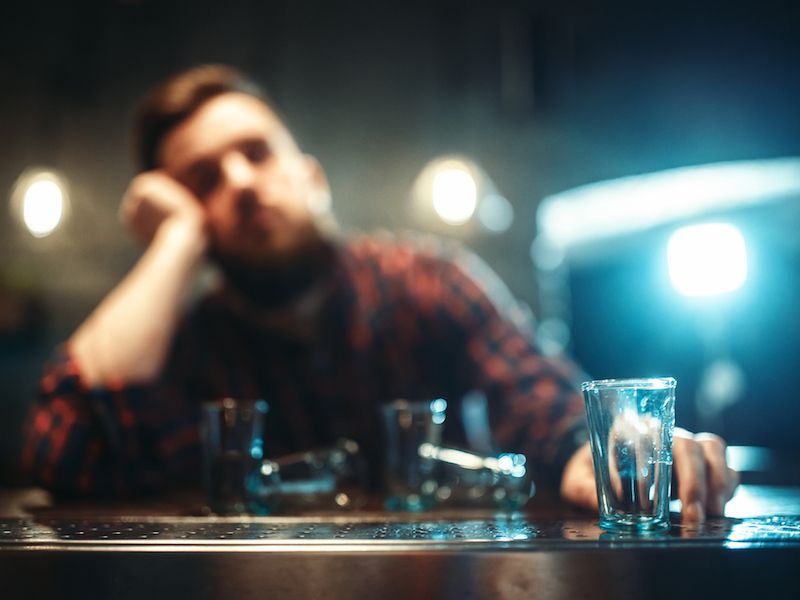
The US. is facing an opioid crisis as you’re likely aware. Over 130 people are dying each day from an overdose. There is a connection, which you might not be aware of, between drug and alcohol abuse and hearing loss.
According to new research published in the American Journal of Preventive Medicine and carried out by a group from the University of Michigan, there’s a connection between alcohol and drug abuse and those under fifty who have hearing loss.
After analyzing roughly 86,000 respondents, they found this link is stronger the younger the person is. Regrettably, it’s still unclear what causes that link in the first place.
Here’s what this specific study found:
- In terms of hearing loss, people older than fifty who developed hearing loss were not different from their peers in terms of substance abuse.
- People were twice as likely to develop a general substance abuse issue than their peers if they got hearing loss between the ages of 35 and 49.
- People who developed hearing loss when they were younger than fifty were at least two times as likely to abuse opioids than their peers. They were also generally more likely to misuse other things, like alcohol.
Hope and Solutions
Because experts have already taken into account economics and class so those numbers are especially staggering. We need to do something about it, though, now that we have identified a relationship. Well, that can be difficult without knowing the exact cause (remember: causation is not correlation). Researchers had a couple of theories:
- Lack of communication: Emergency departments are designed to get people in, deal with them, and process them as efficiently (or, in many cases, quickly) as they can. And if there is a life threatening emergency they can be in even more of a hurry than normal. In cases such as this, a patient may not get correct treatment because they can’t hear questions and instructions properly. They might not hear dosage information or other medication directions.
- Social isolation: It’s well established that hearing loss can lead to social isolation and cognitive decline. In these situations, self-medication can be relatively common, and if the person doesn’t understand that hearing loss is an issue or what the cause is, this is especially true.
- Higher blood pressure: Of course, it’s also true, that alcohol raises your blood pressure, sometimes to unhealthy levels. And both some pain killers and also high blood pressure have been shown to harm your hearing.
- Medications that are ototoxic: These medications are known to cause hearing loss.
Whether these situations increase loss of hearing, or that they are more likely to happen to those with hearing loss, the negative consequences are the same to your health.
Preventing Hearing Loss and Substance Abuse
The authors of the research suggest that doctors and emergency departments work very hard to ensure that their communication methods are up to date and being followed. In other words, it would help if doctors were on the lookout for the indications of hearing loss in younger people. But it would also help if we as individuals were more mindful of some of the signs of hearing loss, too, and got help when we need it.
The following question need to be asked of your doctor:
- Is this drug addictive? Is there a different medication that is safer for my hearing, or do I really need this one.
- Is this drug ototoxic? Are there alternatives?
If you are uncertain how a medicine will affect your general health, what the dangers are and how they should be taken, you shouldn’t take then home.
Additionally, don’t wait to be tested if think that you might already be suffering from hearing loss. Ignoring your hearing loss for just two years can pay 26% more for your health care. Schedule a hearing exam right away.
